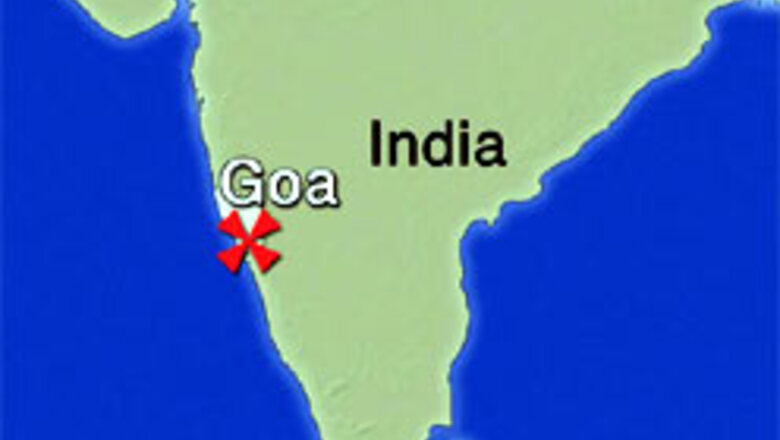
views
Goa: A senior Goa government official has been directed to compensate a complainant with a nominal amount of Rs 1,000 from his salary for not living up to the provisions of the Right to Information (RTI) Act, one among several other state officials so penalised.
The Goa government was also directed to initiate disciplinary action against the official - Director of Information and Publicity, Menino Peres - according to A Venkataratnam, State Chief Information Commissioner.
Oddly, Peres has been functioning as the nodal officer for the implementation in Goa of the RTI Act, which empowers citizens to access official information. But no official statement making this formal has been found, and the commissioner warned him against "pretending to be the nodal officer".
Meanwhile, the Goa State Information Commission, whose functioning has drawn interest from citizens and a bit of concern from officials, imposed penalties on a number of officers of the Goa government for non-compliance of the RTI Act.
Goa's Police department imposed compensation of Rs 1,000 to be paid to a complainant.
In the north Goa commercial town of Mapusa, the municipal council's chief officer S.N. Kotwale was fined Rs 250 per day from October 16, 2006, till the information asked by a complainant is given.
"It could be more than Rs 3,500. Compensation of Rs 2,000 is payable by the municipal council," noted Venkataratnam.
Another penalty of Rs 2,500 was imposed on P R Shetye, public information officer, office of the registrar of cooperative societies, while assistant director of transport of Margao, Manuel Afonso was fined Rs 2,500 penalty and Rs 1,000 compensation imposed on the department.
Others facing the fire of India's new pro-transparency laws in the country's smallest state include the government-funded Nirmala Institute of Education (which approached the High Court for a stay).
Officials from departments that have a lot of interaction with citizens and are seen as controversial in their functioning themselves, have also come in the net of citizens seeking information and their complaints at not getting the same.
These include officials of the public-works department and the Margao town planner, besides official from the municipal council of Bicholim.
Those at the helm in Goa have been active in taking some tough decisions, partly because officials implementing this legislation are retired, with nothing to lose, and also probably in order to gain early credibility.
This has caused a spurt in interest in the law, though reporting on it has been inadequate, due to the de-centralised nature in which information is sought from public authorities. Only when information is not received - that too, not in all cases - do complaints come up to the central authorities in state-capital Panaji.
Recently, Goa government officials undergoing a training session, underlined difficulties in implementing the law.
But, at the same time, they also stressed the importance of the law in helping themselves get information about irregularities in promotions in government posts and other issues affecting service conditions of government staff.




















Comments
0 comment